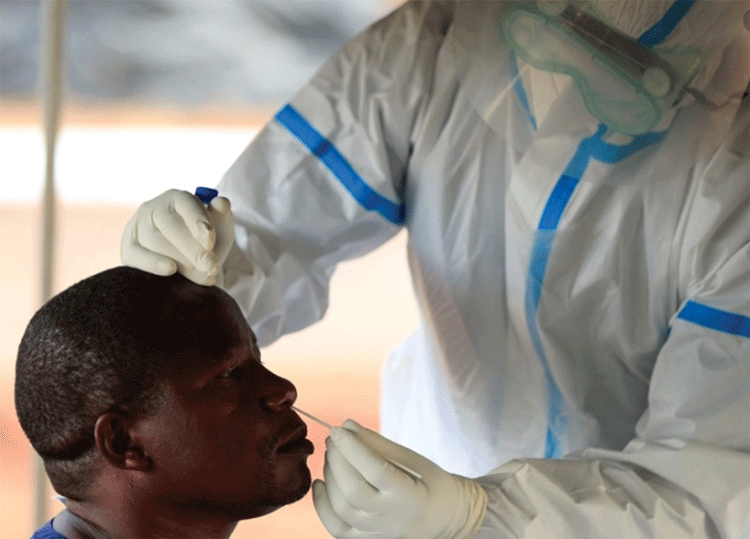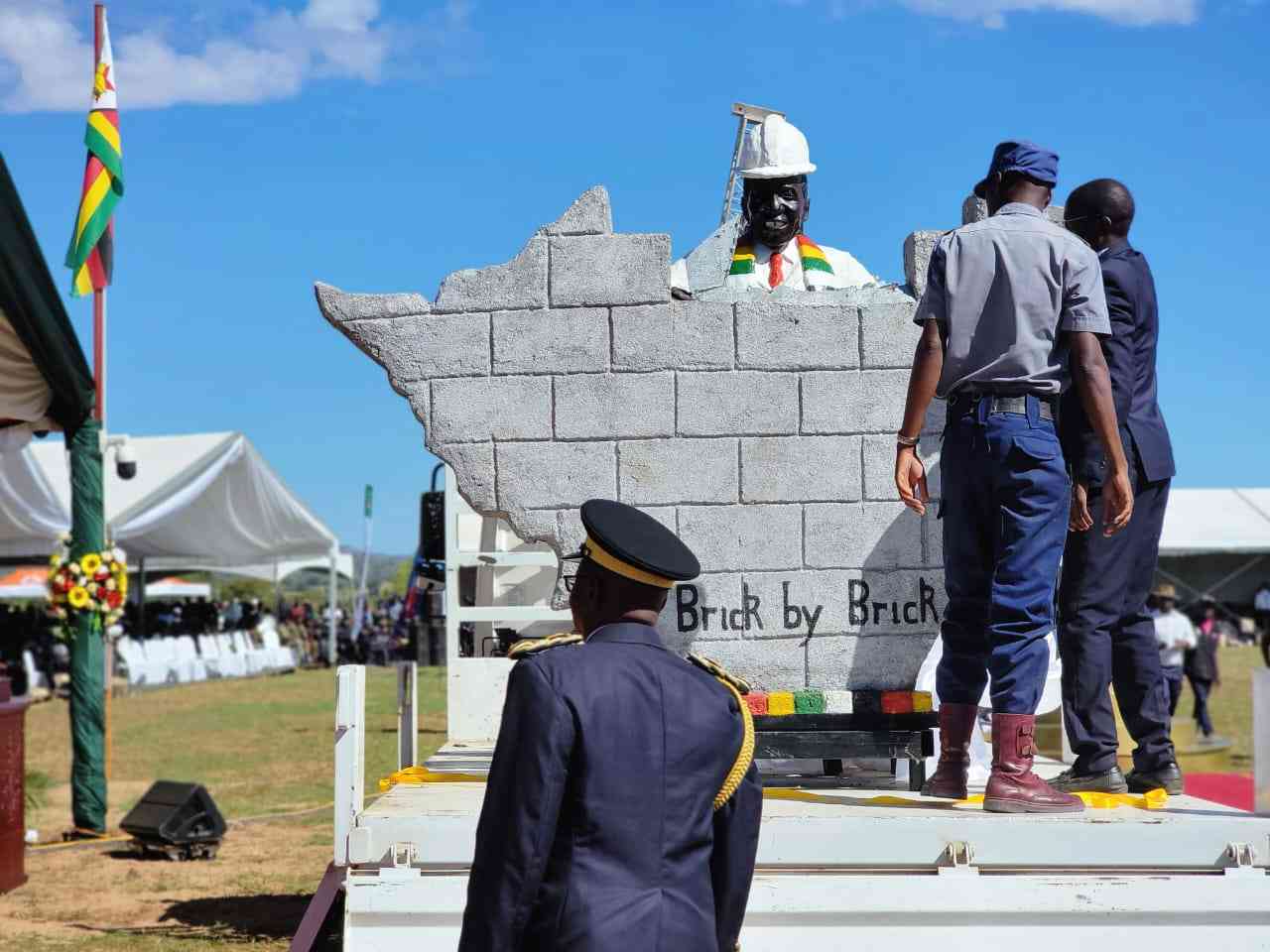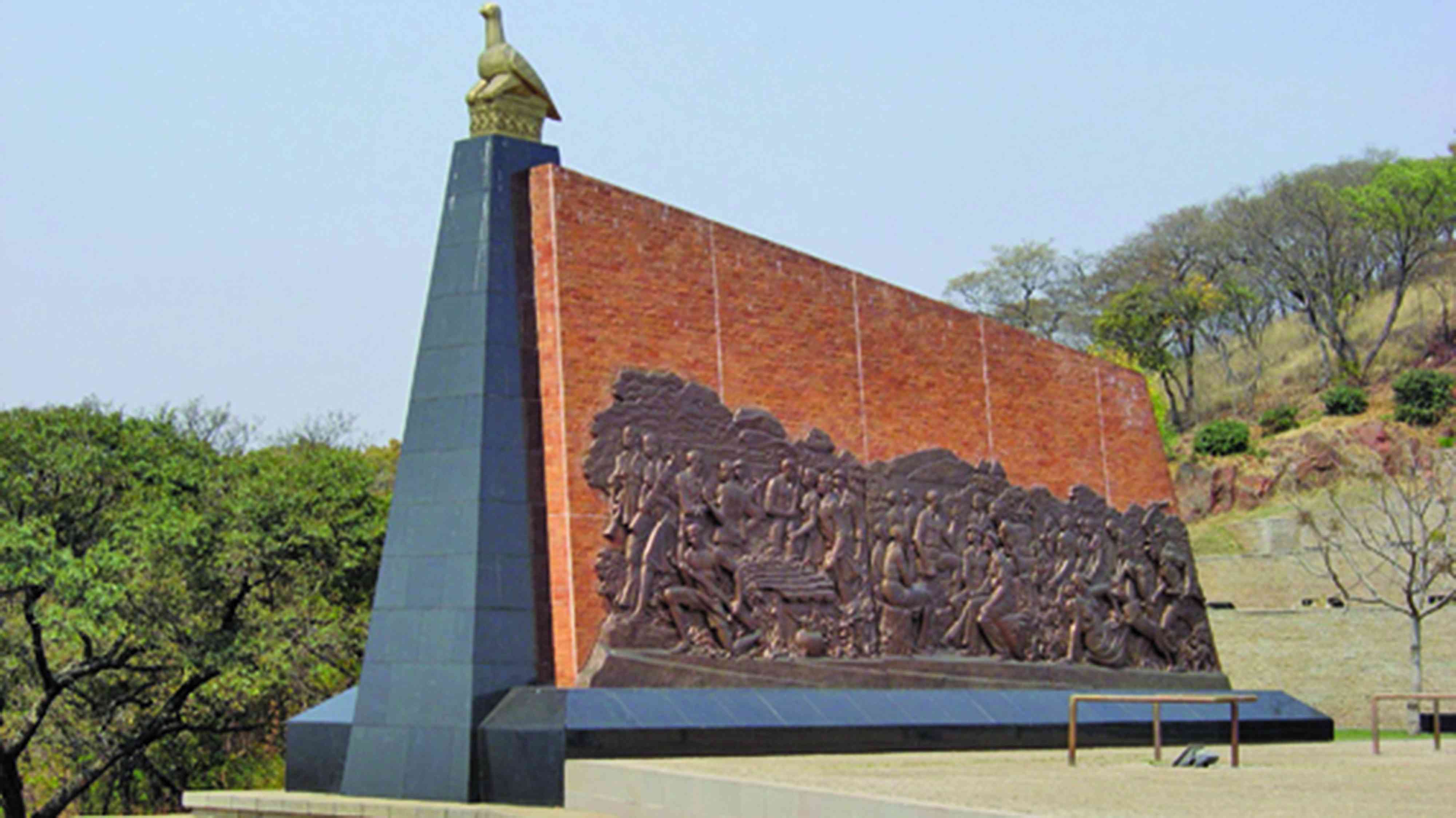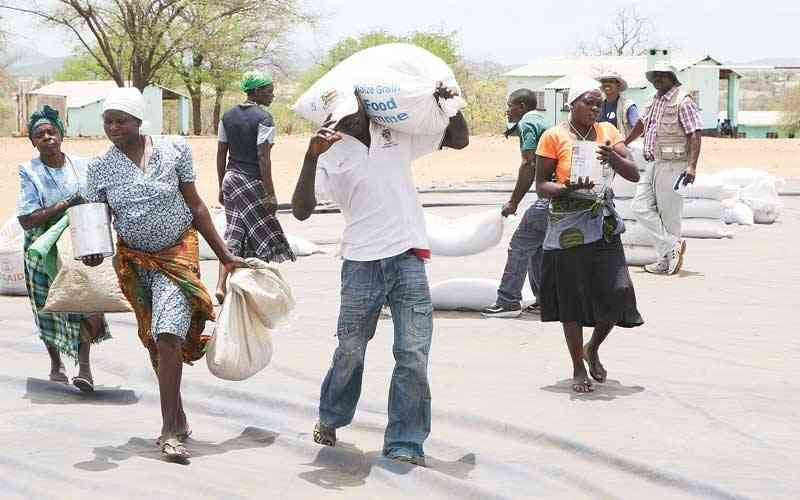
“IS that how you reward science? By blacklisting countries?” is a question asked by Sikhulile Moyo, a Zimbabwe-born scientist, who is credited as having discovered the Omicron variant of the coronavirus in neighbouring Botswana.
Moyo is a virologist at the Botswana Harvard Aids Institute Partnership and his question in an interview with an international news agency may have seemed rhetorical, but reflects the frustrations African countries feel when their policy and public health interventions are met with global prejudice.
What has the quick thinking scientists, Moyo and his counterparts in South Africa, reaped for their hard work of detecting the Omicron COVID-19 variant? Instead of the rich Western countries recognising and rewarding the excellent science, they have punished the region, imposing travel bans that have basically isolated the region.
Are the travel bans grounded in science? Not according to the World Health Organisation. The rich nations simply gave in to fear-mongering and hysteria.
Why the fear? Was it fear of the unknown because Omicron is apparently completely different from the Delta variant? Or because it combines some of the most problematic mutations seen in the Alpha, Beta and Gamma variants, along with some newly-acquired ones?
However, three weeks since the discovery of the variant, there have been no alarming deaths reported globally and so far signs are that while the variant was more transmissible than the Delta variant and has reduced sensitivity to antibody activity induced by past infection, it was also not as virulent.
It is clear that further research is needed to assess Omicron’s potential to escape protection against immunity induced by vaccines and previous infections.
Last week, Zimbabwe joined the bandwagon to restrict entry into the country, requiring all returning citizens and foreign nationals to be subjected to mandatory quarantine upon entry to the country even if they possess negative PCR test results.
- Chamisa under fire over US$120K donation
- Mavhunga puts DeMbare into Chibuku quarterfinals
- Pension funds bet on Cabora Bassa oilfields
- Councils defy govt fire tender directive
Keep Reading
The rest of southern Africa is still to come to terms with the move by the West, cutting off the region over the new COVID-19 variant strain which leaves the affected countries facing potentially huge economic consequences, especially in tourism and trade.
Zimbabwe did not need to join the rest of the world which is clearly exhibiting racial bias in the name of safety.
It should be working with its counterparts in the region to help each other through what may be a tough period until there is a better understanding of the Omicron virus and its implications.
Like Moyo, we say: “The virus does not know passports, it does not know borders. We should be collaborating and understanding.”
Working together is how we can save lives and keep our economies functioning without the threat of more lockdowns, company closures and job losses.











